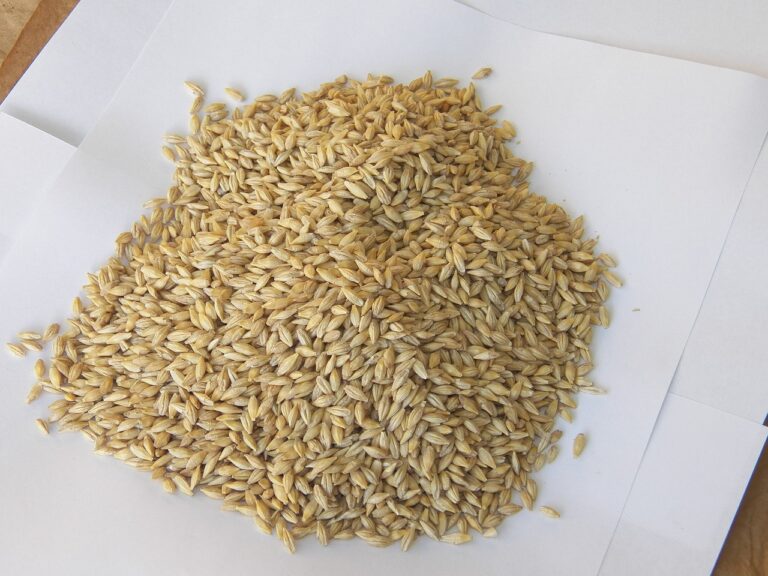Cultural Competence in Healthcare: Providing Culturally Sensitive Care
Cultural competence in healthcare is crucial for providing effective and respectful care to a diverse patient population. Understanding and acknowledging the cultural backgrounds of patients can help healthcare professionals tailor their treatment plans and communication styles accordingly. By being culturally competent, healthcare providers can build trust with patients and foster better doctor-patient relationships, ultimately leading to improved health outcomes.
Without cultural competence, there is a risk of misunderstandings, miscommunication, and even mistrust between healthcare professionals and patients. Cultural beliefs, values, and practices can significantly impact an individual’s health beliefs and behaviors. By recognizing and respecting these differences, healthcare providers can ensure that patients receive care that is culturally sensitive and aligned with their needs and preferences.
• Cultural competence helps healthcare professionals tailor treatment plans and communication styles
• Builds trust with patients and fosters better doctor-patient relationships
• Leads to improved health outcomes
• Without cultural competence, there is a risk of misunderstandings, miscommunication, and mistrust
• Cultural beliefs can impact health beliefs and behaviors
• Recognizing and respecting cultural differences ensures culturally sensitive care for patients
Understanding Cultural Differences in Healthcare
Effective healthcare delivery requires an understanding of the diverse cultural backgrounds of patients. Cultural differences impact how individuals perceive health, illness, and treatment options. For instance, some cultures prioritize holistic approaches to wellness, while others may rely heavily on medical interventions.
Language barriers, beliefs about illness causation, and health-seeking behaviors all vary across different cultural groups. It is essential for healthcare providers to be sensitive to these distinct differences and to approach each patient with cultural humility. By acknowledging and respecting cultural beliefs and practices, healthcare professionals can establish trust with patients and foster effective communication, leading to better health outcomes.
How to Identify and Respect Cultural Beliefs and Practices
Identifying and honoring cultural beliefs and practices in healthcare settings is crucial to providing effective and respectful care to all patients. To begin this process, healthcare providers must first recognize and acknowledge the diversity of cultures within their patient population. This can be achieved through asking open-ended questions, actively listening to patients, and being mindful of nonverbal cues that may hint at specific cultural backgrounds or preferences.
Once cultural differences are identified, healthcare professionals should strive to show respect and understanding towards these beliefs and practices. It is important to avoid making assumptions or judgments based on one’s own cultural norms, and instead approach each patient with an open mind and a willingness to learn. By demonstrating a genuine interest in understanding and accommodating cultural differences, healthcare providers can build trust and rapport with their patients, ultimately leading to better quality of care and outcomes.
Why is cultural competence important in healthcare?
Cultural competence in healthcare is important because it helps ensure that patients receive respectful and effective care that takes into account their cultural beliefs and practices. This can improve communication, trust, and overall outcomes in healthcare settings.
How can healthcare providers understand cultural differences in healthcare?
Healthcare providers can understand cultural differences in healthcare by taking the time to learn about different cultures, asking patients about their beliefs and practices, and being open to differences. It is important to approach each patient with an open mind and a willingness to learn.
How can healthcare providers identify and respect cultural beliefs and practices?
Healthcare providers can identify and respect cultural beliefs and practices by asking patients about their beliefs, listening actively, and being sensitive to differences. It is important to show respect for the patient’s cultural background and to incorporate their beliefs into their care plan whenever possible.







